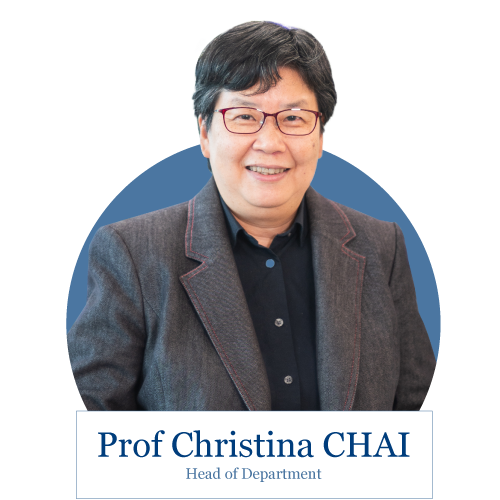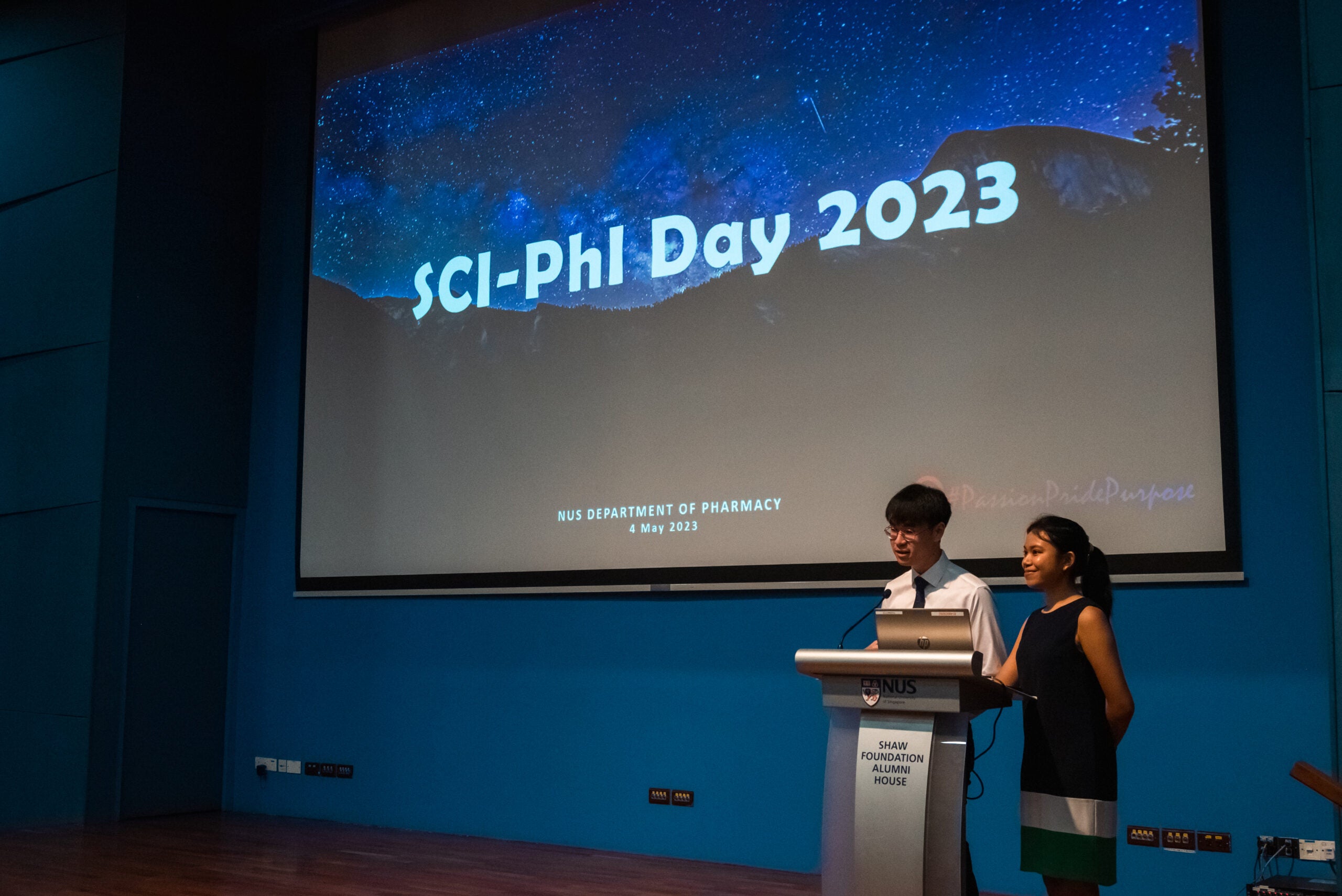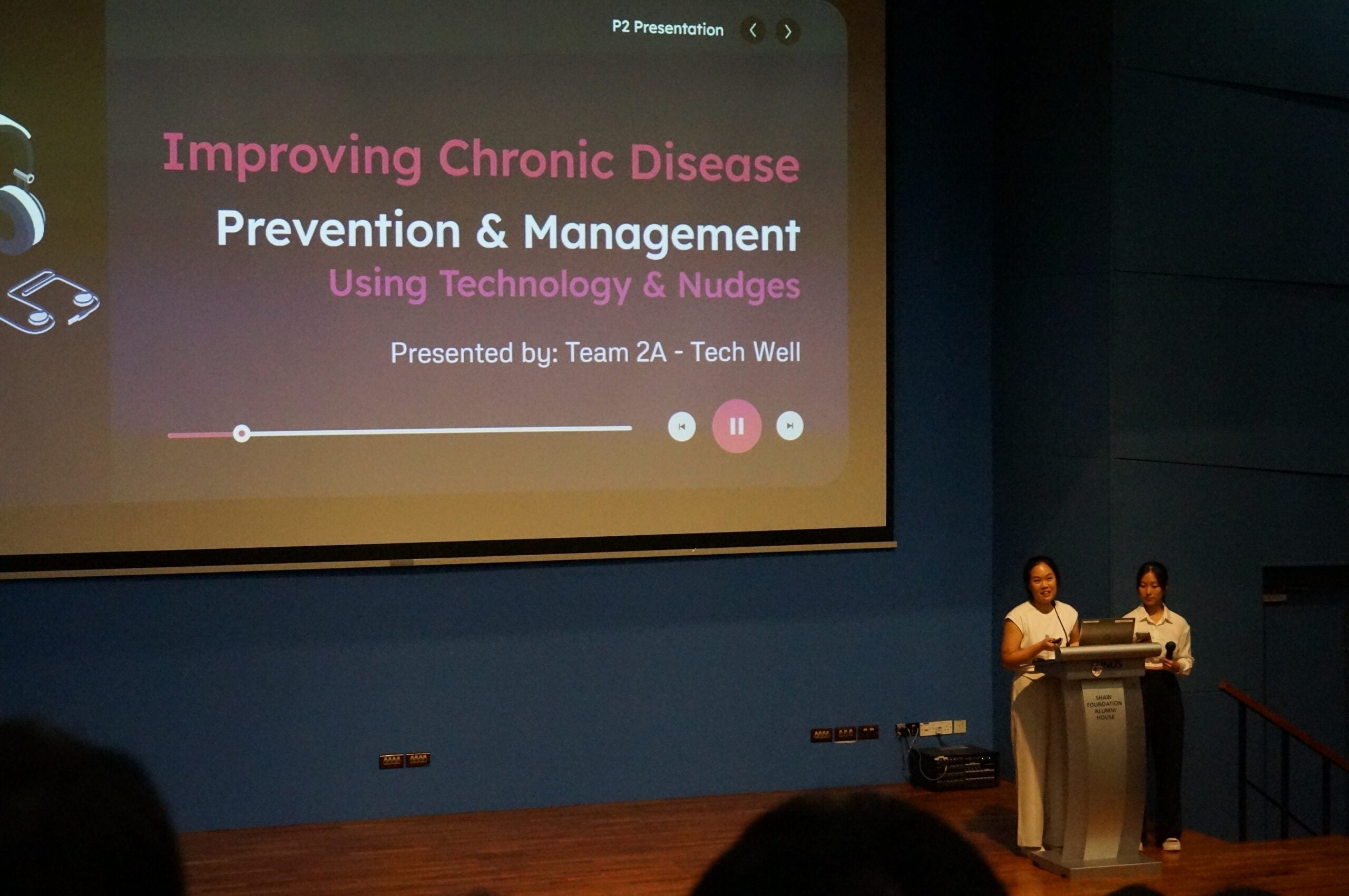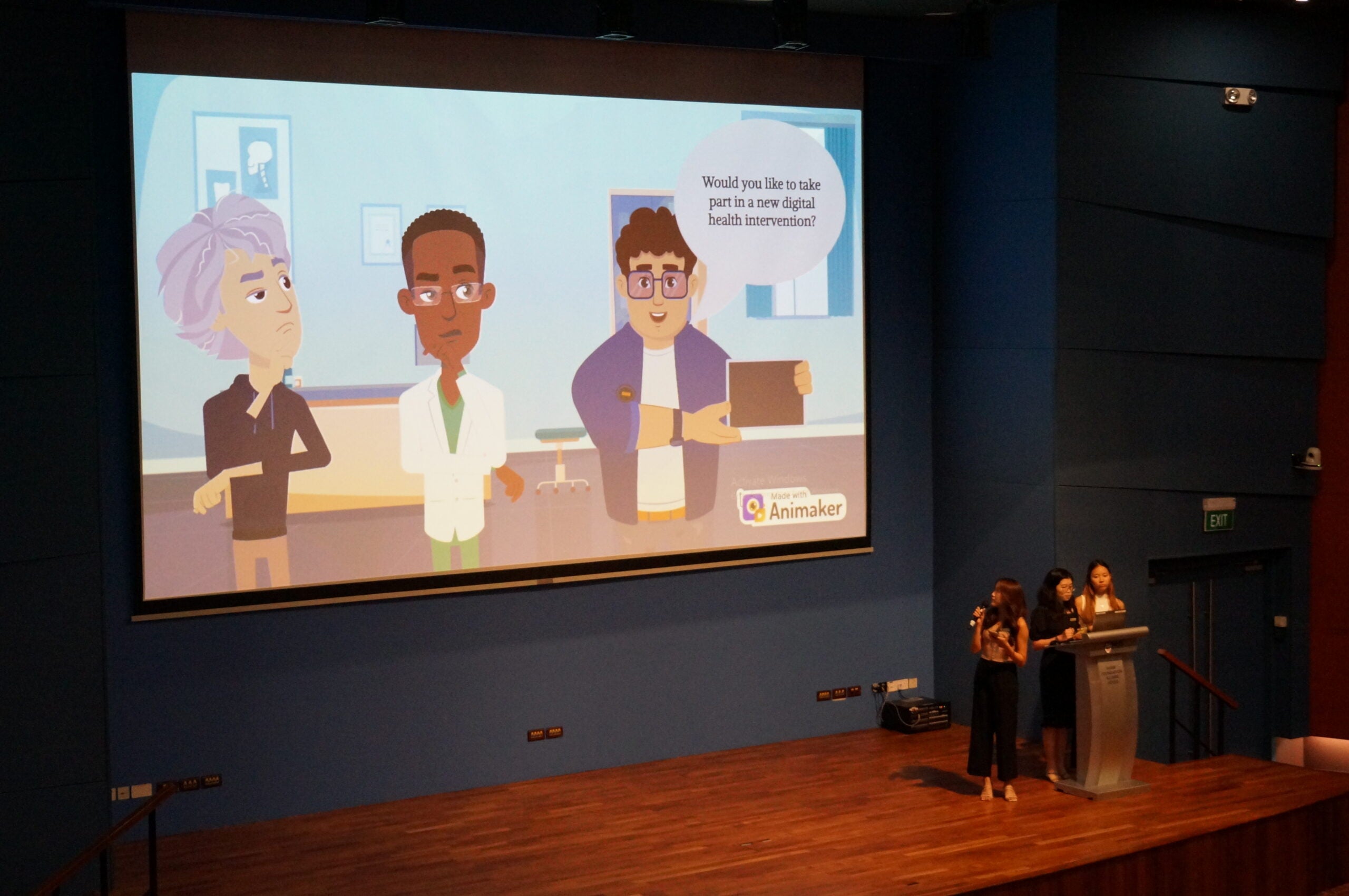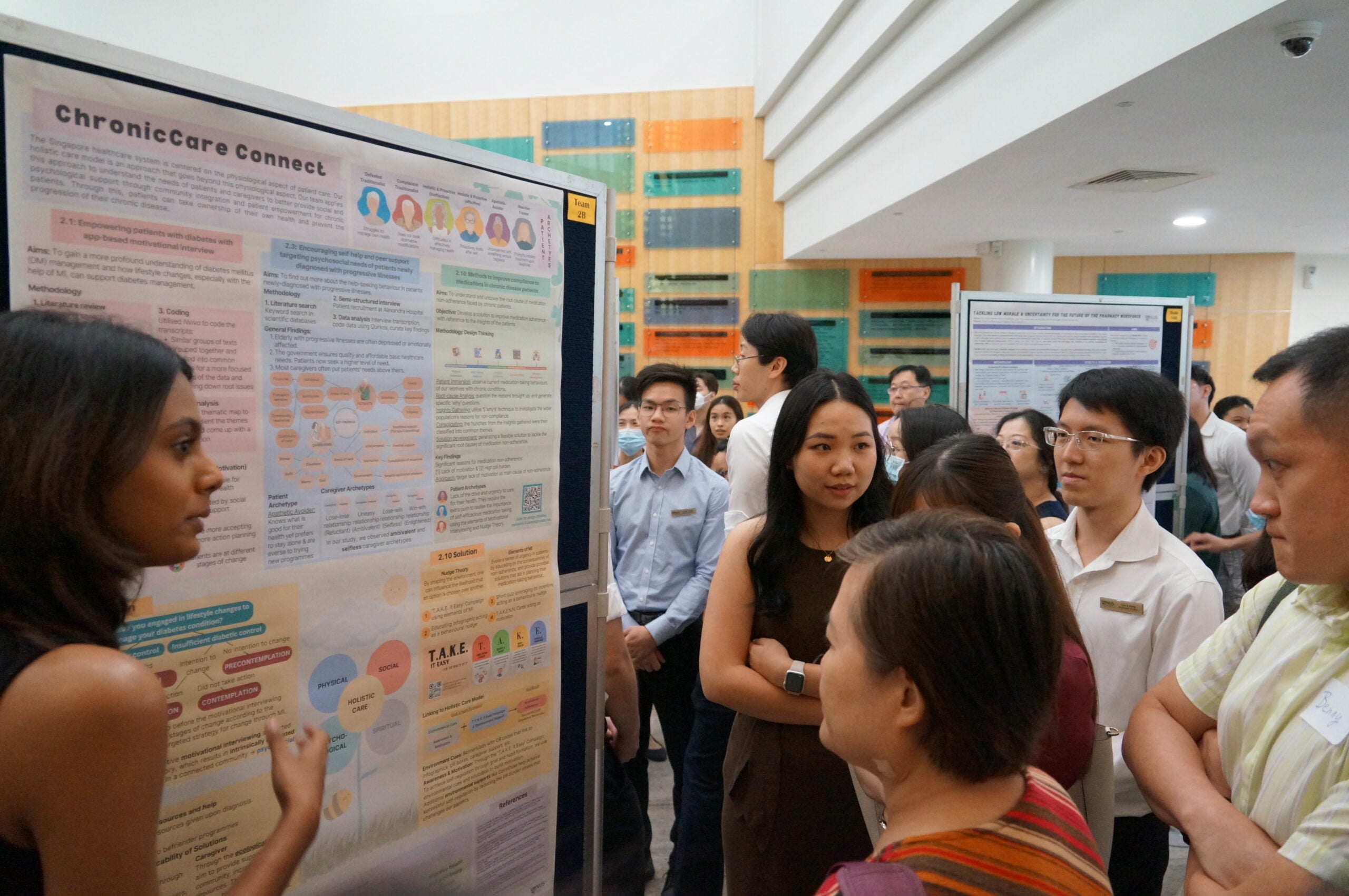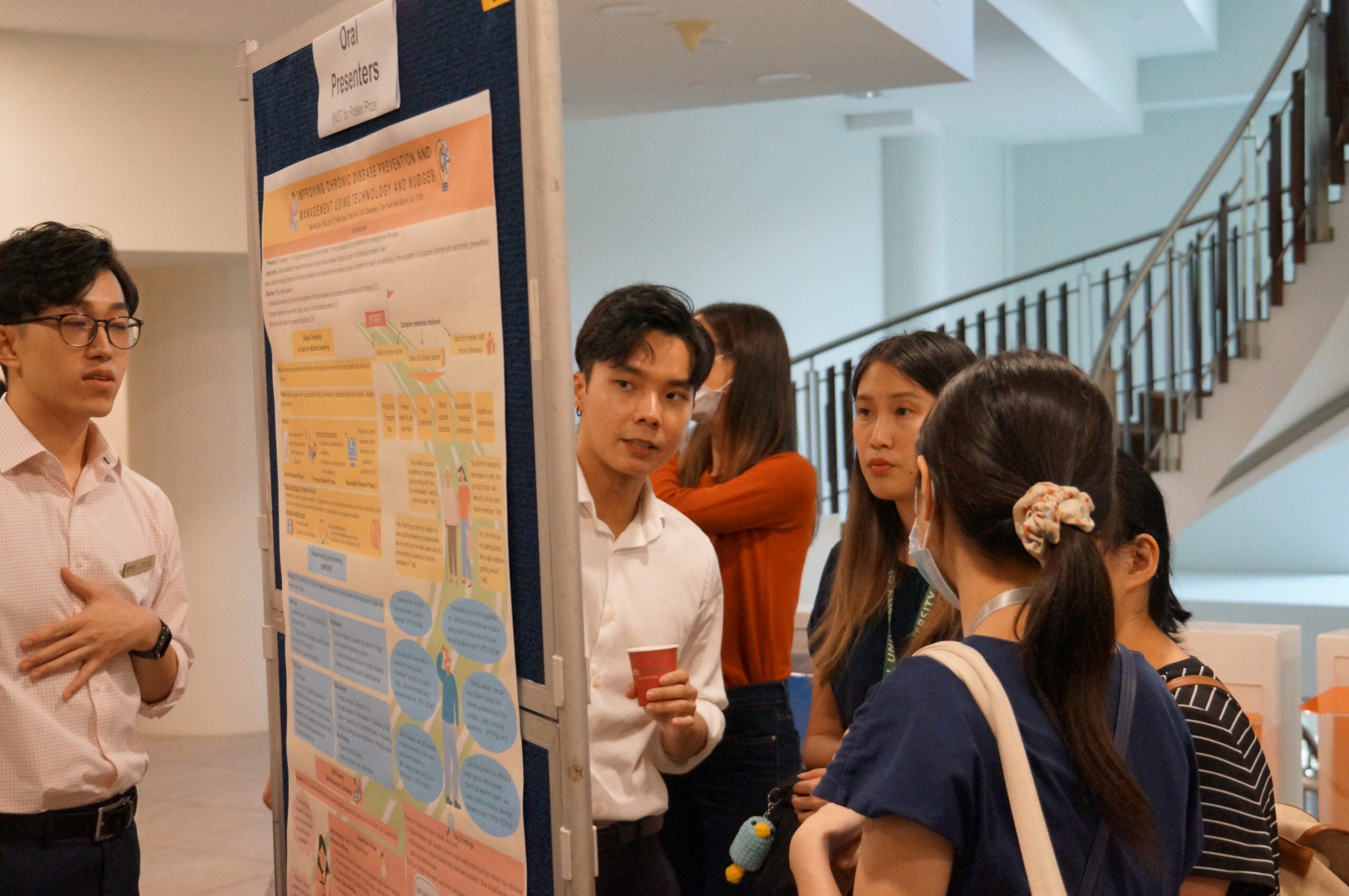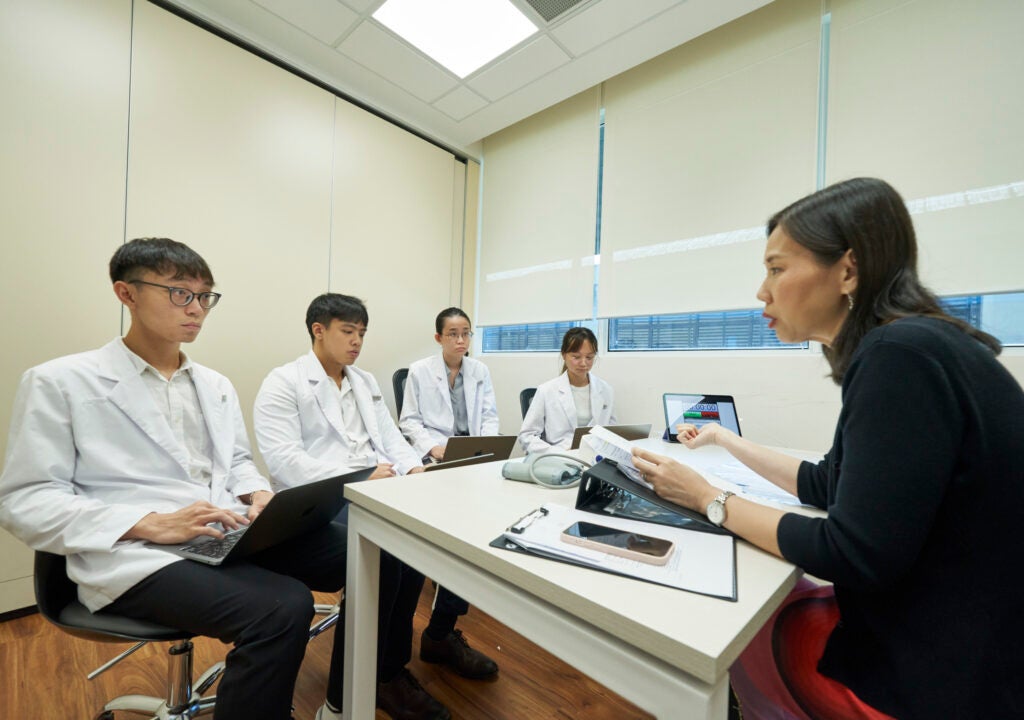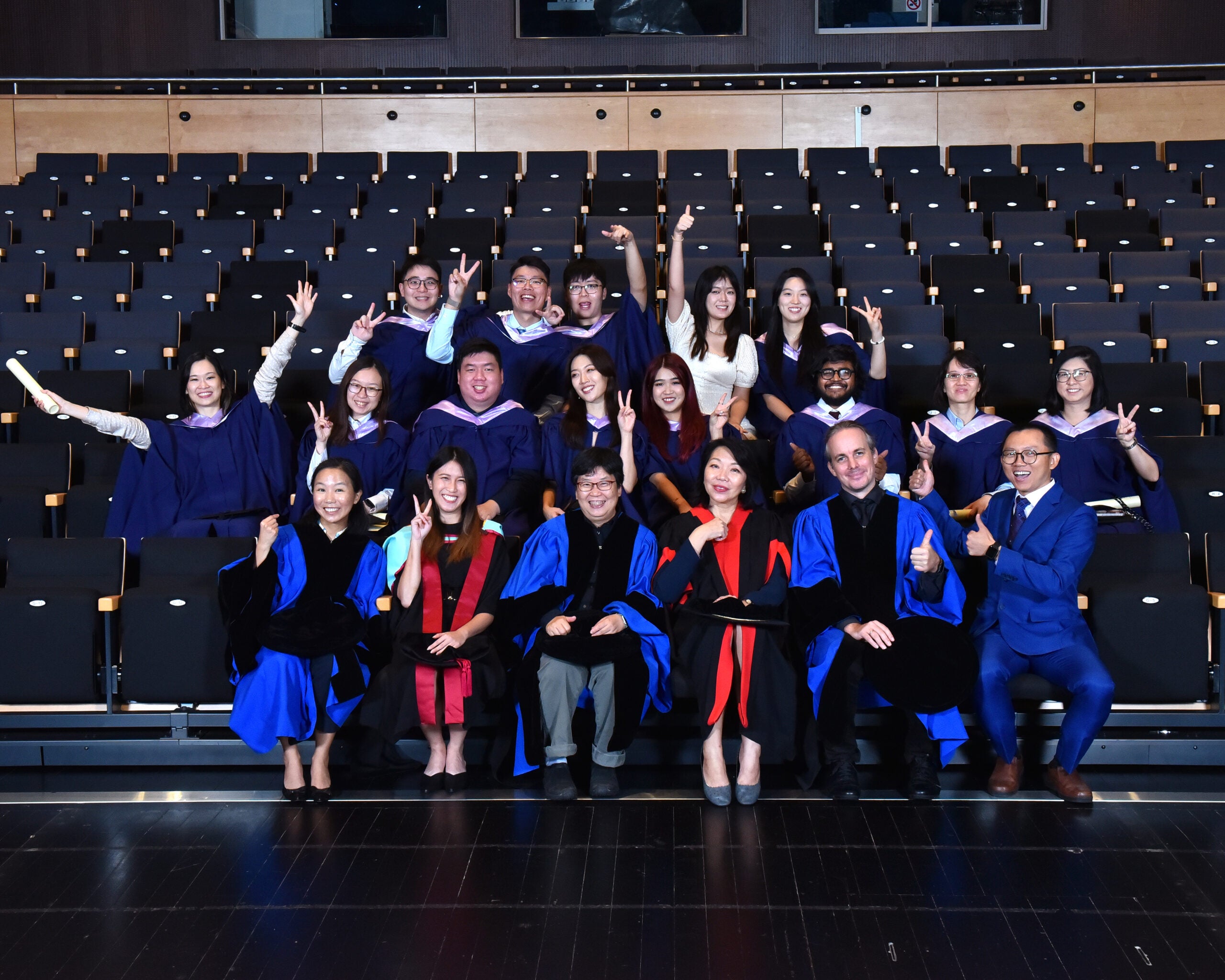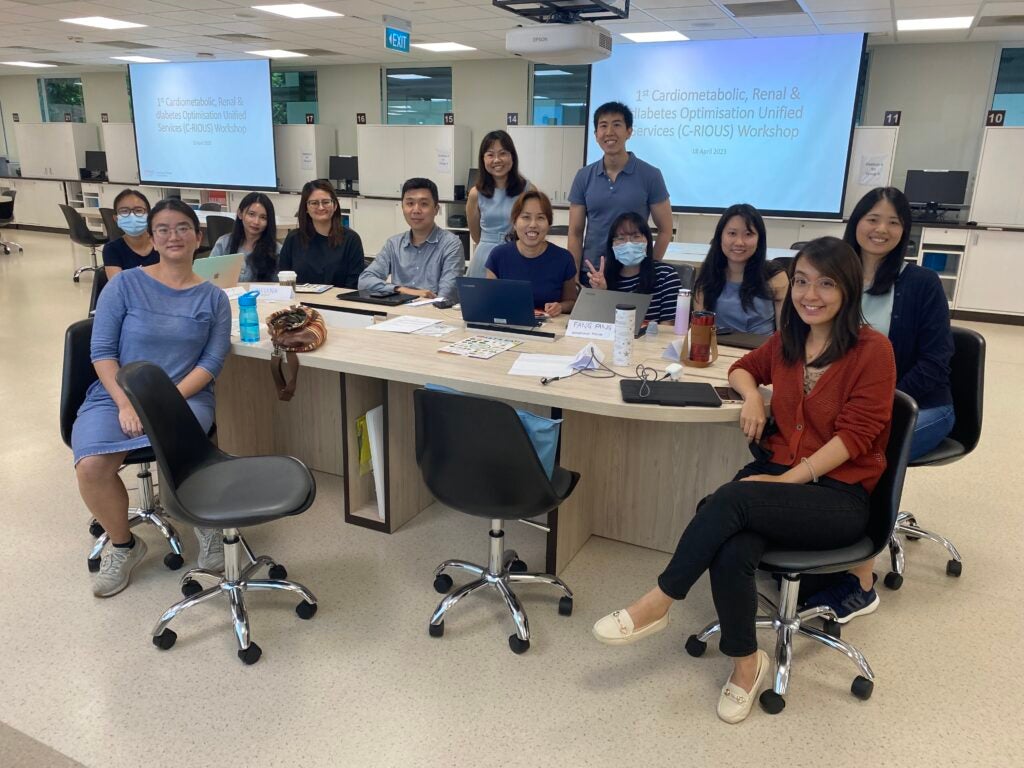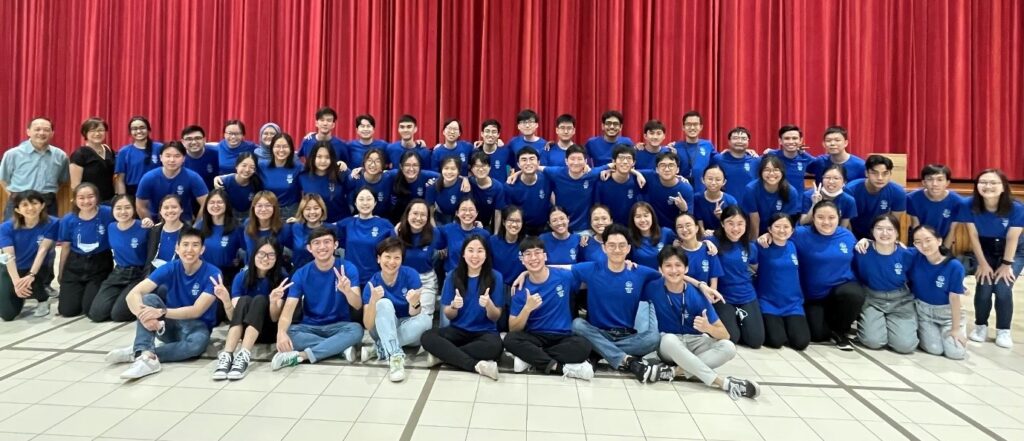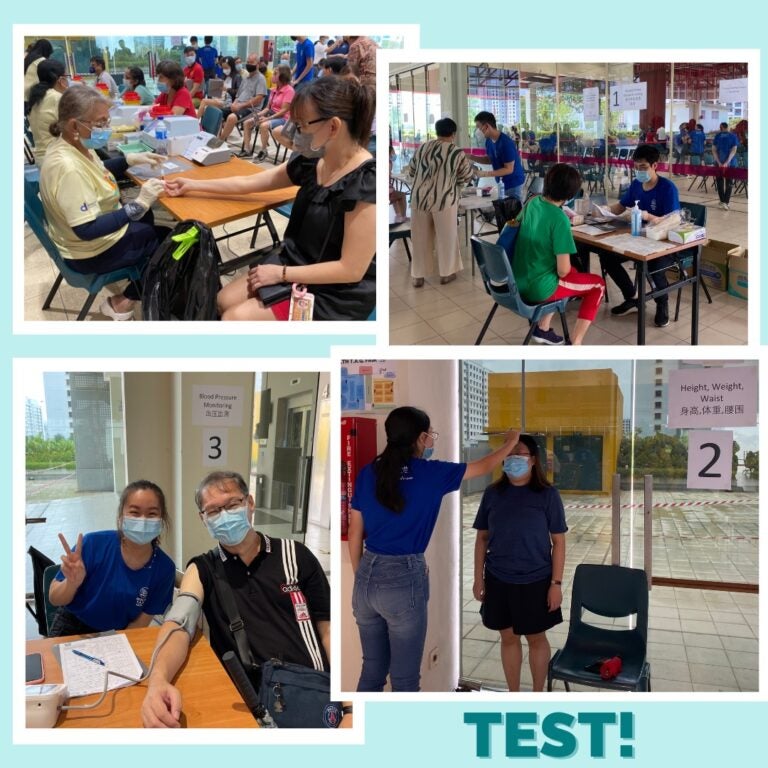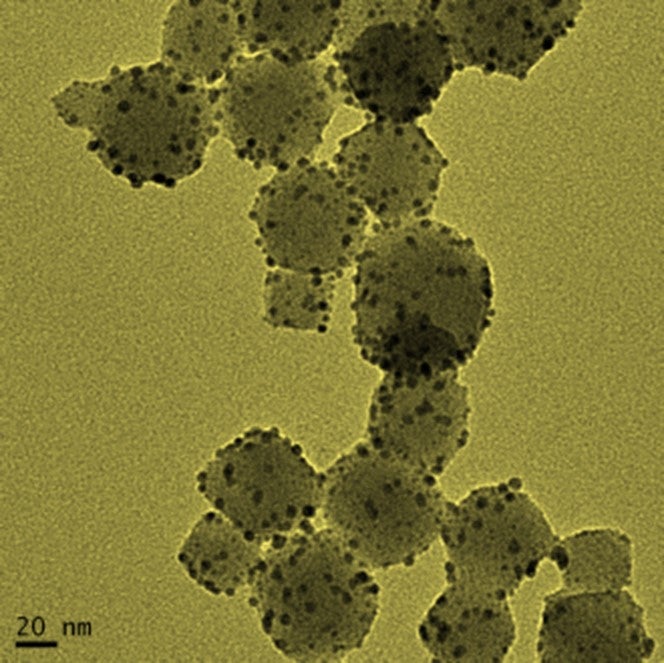
Nanomedicine to improve cancer treatments
Cancer is the leading cause of death in Singapore. Treatment outcomes are heavily influenced by cancer metabolism. Asst Prof TANG Wei’s team used nanotechology to disrupt cancer cell energy supply, thereby downregulating the synthesis of deoxyribonucleic acid (DNA) repair enzymes. This leads to improved radiosensitivity and reduced tumour acidity, which reprogrammes the tumour microenvironment to improve the efficacy of immunotherapy. This radiometabolic immunotherapy strategy shows potential in overcoming the significant challenge of cancer treatment resistance. This work received the National Medical Research Council Open Fund-Young Individual Research Grant (July 2022).
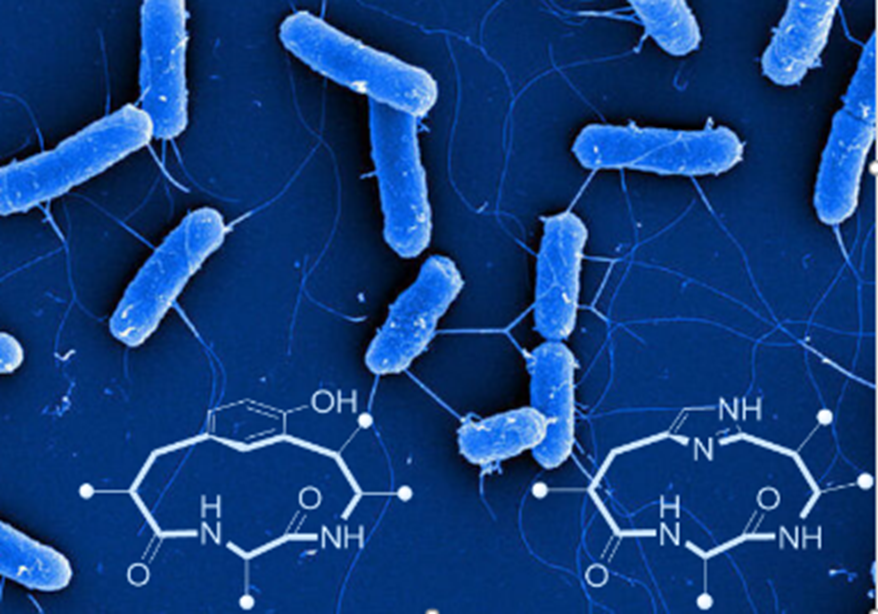
Biosynthetic enzymes to create peptide therapeutics
Asst Prof Brandon I MORINAKA’s team recently investigated a new enzyme family that catalyses macrocyclisation of peptides. The posttranslational cyclophane forming enzymes are found in a variety of bacteria. Their biosynthetic products offer potential antimicrobial properties. Macrocyclisation stabilises peptides so they can be taken orally and they also help in targeting specific diseases. This research expands the enzyme family and the chemical diversity that can be created using them. This study was published in the Journal of the American Chemical Society (June 2022) and ACS Chemical Biology (December 2022).


